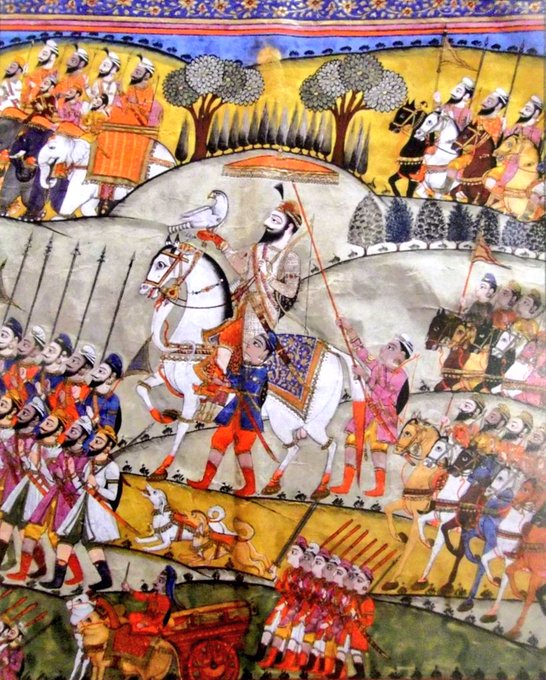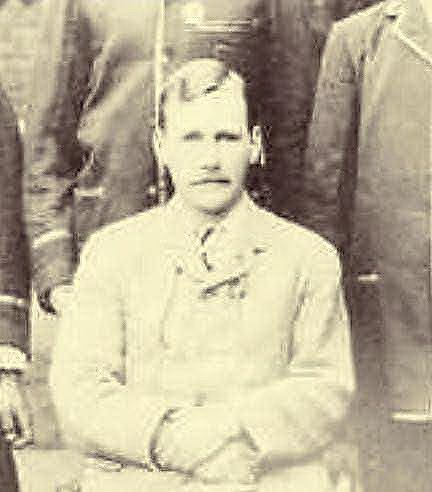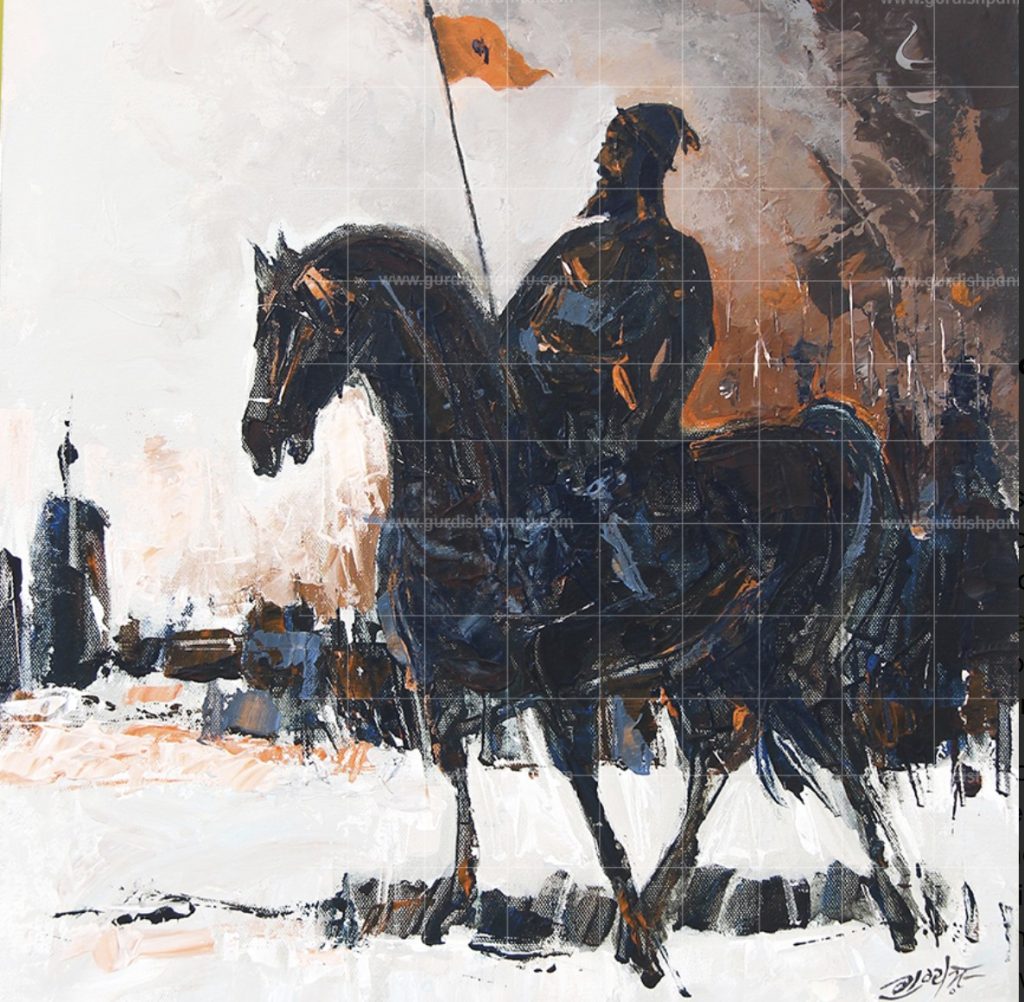Explore Khalsa Diwan Malaya, promoting Sikhism and education in Malaysia since 1903. Discover its impact on Sikh temples and cultural growth.
Discover the legacy of Mayya Singh, a prominent leader in the Singh Sabha awakening, known for his contributions to Sikh journalism and literature.
NISHCHAL SINGH, PANDIT SANT (1882-1978), widely respected holy man, preacher of Sikhism and head of the Sevapanthi sect of the Sikhs (1950-78), was born on 18 April 1882, the son of Bhai Amir Singh and Mat Piar Kaur, a pious couple of Mittha Tiwana in Shahpur (Sargodha) district of Pakistan Punjab. Nishchal Singh lost his father at the age of five and was brought up under the care of his eldest brother, Mahitab Singh. Mahitab Singh, himself a devoted Sevapanthi saint, led Nishchal Singh to take to the same path. He sent him to Varanasi for higher learning.
Explore Sant Singh's heroic role with Guru Gobind Singh and his impactful leadership in Sikh history and culture.
Explore the historical significance of 'Singh' in Sikhism, symbolizing courage and unity as ordained by Guru Gobind Singh in 1699.
Discover the valor of Taruna Dal, the spirited youth army of Dal Khalsa, known for daring acts against invaders during the 18th century.
Discover how Gerard Wathen, a beloved principal at Khalsa College, earned the affection of Amritsar's Sikh community with his dedication and vision.
ANAK SINGH. warrior son of Bhai Mani Ram, resident of the village of Alipur, district Multan (now in Pakistan), received baptismal rites at Anandpur at the time of the initiation of the Khalsa, on 30 March 1699, and took part in the battles of Nirmohgarh and Anandpur. As says Guru kian Sakhian, he fell a martyr in the battle of Chamkaur fought on 7 December 1705.
BHURIA, BHAI, a resident of Chunian now in Pakistan, was a pious Sikh contemporary of Guru Arjan (1563-1606). As the Guru was once touring the Nakka country, southwest of Lahore, succouring people then living through a severe famine, he according to Giani Gian Singh, Twarikh Guru Khalsa, came to Chunian on his way from Jambar to Bahirval. Bhai Bhuria received the Guru and acquainted him with the hardship the residents were undergoing. The Guru called on Chuhar Mall, the local revenue collector, who was also a disciple. The latter left no stone unturned to provide relief.
DEG TEGH FATEH, a Sikh saying which literally means victory (fateh) to kettle (deg) and sword (tegh).





